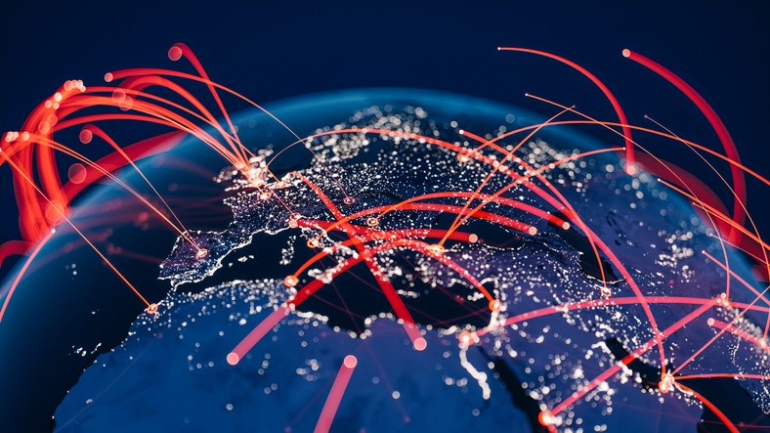Thur 11 June 2020
By Professor Heng Wang
COVID-19 is a global health crisis and a global trade crisis. It is a pressure test for governments, businesses and the public, changing the world economy more than most expected and in ways never seen before. “The Great Lockdown”, as it has been called by the IMF, disrupts trade both in supply and demand. Many governments are turning inward.
What should trade rely upon in extreme situations, such as the COVID-19 outbreak? Perhaps it is multilateral rules with fast response. However, this is not easy given the different positions of states. In reality, unilateral and regional efforts (such as the G20) are likely to be relied upon. Rule fragmentation is likely to be exaggerated. To illustrate, the further digitalisation of the economy after COVID-19 will reveal the gaps in regulatory approaches. These gaps range from data localization to CBDC. The new restrictions on the exports of medical supplies and agricultural products, along with the largely disfunctional Appellate Body, reflect a rather different scenario. All these bring more difficult challenges. If there are insufficient international binding rules, the self-restraint of states and international soft law will be necessary.
We must acknowledge the tension that exists between short- and long-term outcomes. To illustrate, at least 80 governments have banned or limited the export of masks and other medical products to mitigate supply shortages (such as export license requirements). These measures have their justifications to protect the health of citizens. However, these measures may disincentivise the additional production of medical goods given the constraints on exports, and could affect the predictability of trade and the confidence of businesses in the long run. On the other hand, at least 77 states have recently taken import liberalisation measures on the importation of medicines and medical supplies. However, trade liberalisation measures may have modest effects if there are a limited amount of goods available in the world market. This reveals the urgent need for international cooperation. A path towards a high degree of deglobalization will be harmful for the world and will not help to fully address the global epidemic in a timely manner. This is due to, inter alia, the need for international collaboration on knowledge (e.g., R&D), the provision of critical medicine to countries without relevant production capacity, and the lowering of production costs.
The root causes of unprecedented trade policy shocks (i.e., trade war, the WTO crisis, and new wave of trade measures during COVID-19 outbreak) must be identified and addressed, likely including inequality at international and domestic levels, and the need for a level playing field. Only in this way can trust be built among states. Obviously, this is a thorny issue which depends on political willingness. There is a huge gap in different countries’ understanding, interests and positions. However, these issues will not vanish by themselves. If properly managed, the crisis can provide an unprecedented incentive to solve fundamental issues faced by trade. Long-term thinking is crucial, and the efforts of different sectors in society are needed as (de)globalization affects everyone.
What is clear in the post-COVID-19 era is that businesses and other stakeholders will face a challenging and complex landscape of trade law and world economy. To a certain extent, some businesses are likely to reshore production closer to home to avoid “putting all the eggs in one basket”. To improve the resilience and robustness of supply chains, parallel value chains are likely to arise in the future to increase flexibility. New legal issues need to be carefully identified and addressed.
